Blueberries and Peach Trees
carolstropicals
9 years ago
Related Stories
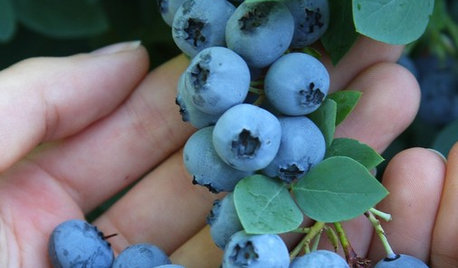
EDIBLE GARDENSSummer Crop: How to Grow Blueberries
Plant blueberries in spring or fall for garden beauty through three seasons — and a sweet superfood in summer
Full Story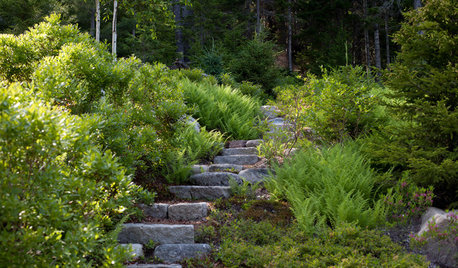
GARDENING GUIDESGreat Design Plant: Grow Blueberries for Their Fruit and More
Eastern gardeners should consider growing blueberry plants for their delicious fruits, bee-friendly spring blooms and brilliant fall foliage
Full Story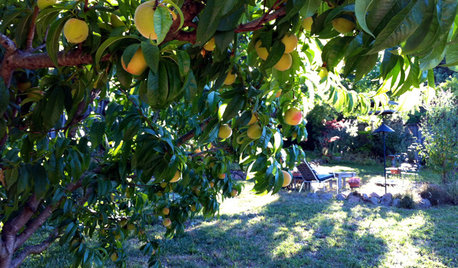
EDIBLE GARDENSHow to Grow Your Own Peaches and Nectarines
Make gardening a little sweeter with these juicy fruits, which you can eat after plucking or preserve for later
Full Story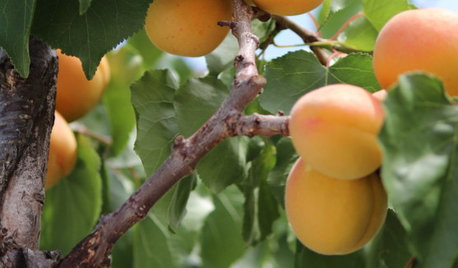
FARM YOUR YARDIf You Have Room for Only One Fruit Tree ...
Juice up a small garden with one of these easier-care or worth-the-effort fruit trees for a mild climate
Full Story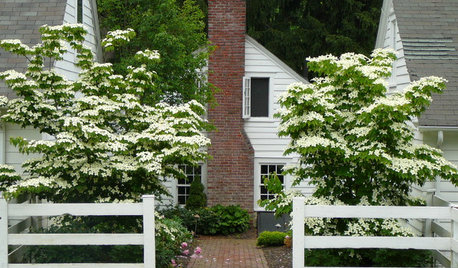
TREES7 Deer-Resistant Flowering Trees to Plant this Fall
If you live in a neighborhood with roaming deer, consider these beautiful trees that won't tempt hungry guests
Full Story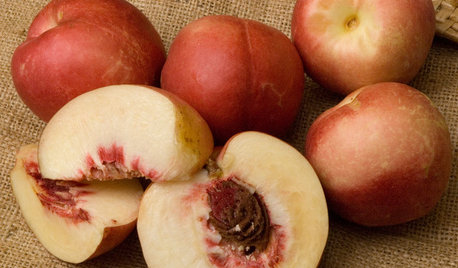
EDIBLE GARDENSGrow Plum Hybrids for Your Favorite Fruit Flavors
Plums are cozying up with apricots, peaches and even cherries — here’s how to grow these hybrids for the best aspects of each
Full Story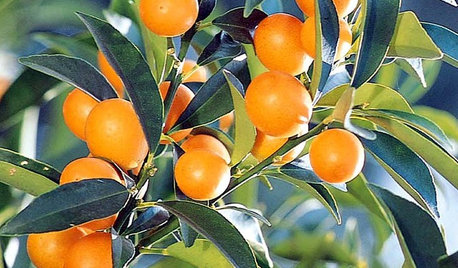
FALL GARDENING5 Fall Fruits You Can Grow in Containers
Brighten your porch or patio with a potted pomegranate, kumquat, blueberry bush or another great fall fruit
Full Story
EDIBLE GARDENSHow to Grow 10 Favorite Fruit Trees at Home
Plant a mini orchard in fall, winter or early spring to enjoy fresh-off-the-tree fruit the following year
Full Story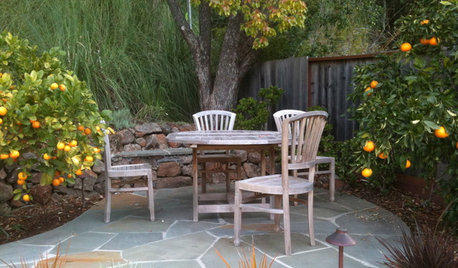
GARDENING AND LANDSCAPINGCrazy for Fruit Trees
Whether a single citrus or a mini apple orchard, even the smallest landscape space can bear deliriously delicious fruit
Full Story
GARDENING GUIDESSpring Citrus Care Reaps Months of Sweet Rewards
Learn how to tend citrus trees in spring and ways to preserve their delicious fruit
Full Story





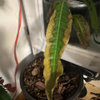
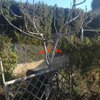
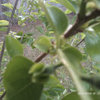
2010champsbcs
garybeaumont_gw
Related Professionals
Londonderry Landscape Architects & Landscape Designers · Accokeek Landscape Architects & Landscape Designers · Cottonwood Landscape Architects & Landscape Designers · Kyle Landscape Architects & Landscape Designers · Brooklyn Center Landscape Architects & Landscape Designers · Anderson Landscape Contractors · Canyon Lake Landscape Contractors · Concord Landscape Contractors · Dudley Landscape Contractors · Live Oak Landscape Contractors · Mason Landscape Contractors · North Highlands Landscape Contractors · View Park-Windsor Hills Landscape Contractors · West Palm Beach Landscape Contractors · Irvington Landscape ContractorscarolstropicalsOriginal Author
carolstropicalsOriginal Author
drew51 SE MI Z5b/6a
carolstropicalsOriginal Author
drew51 SE MI Z5b/6a
olpea
carolstropicalsOriginal Author
drew51 SE MI Z5b/6a
carolstropicalsOriginal Author
olpea
garybeaumont_gw
drew51 SE MI Z5b/6a
carolstropicalsOriginal Author
drew51 SE MI Z5b/6a
garybeaumont_gw